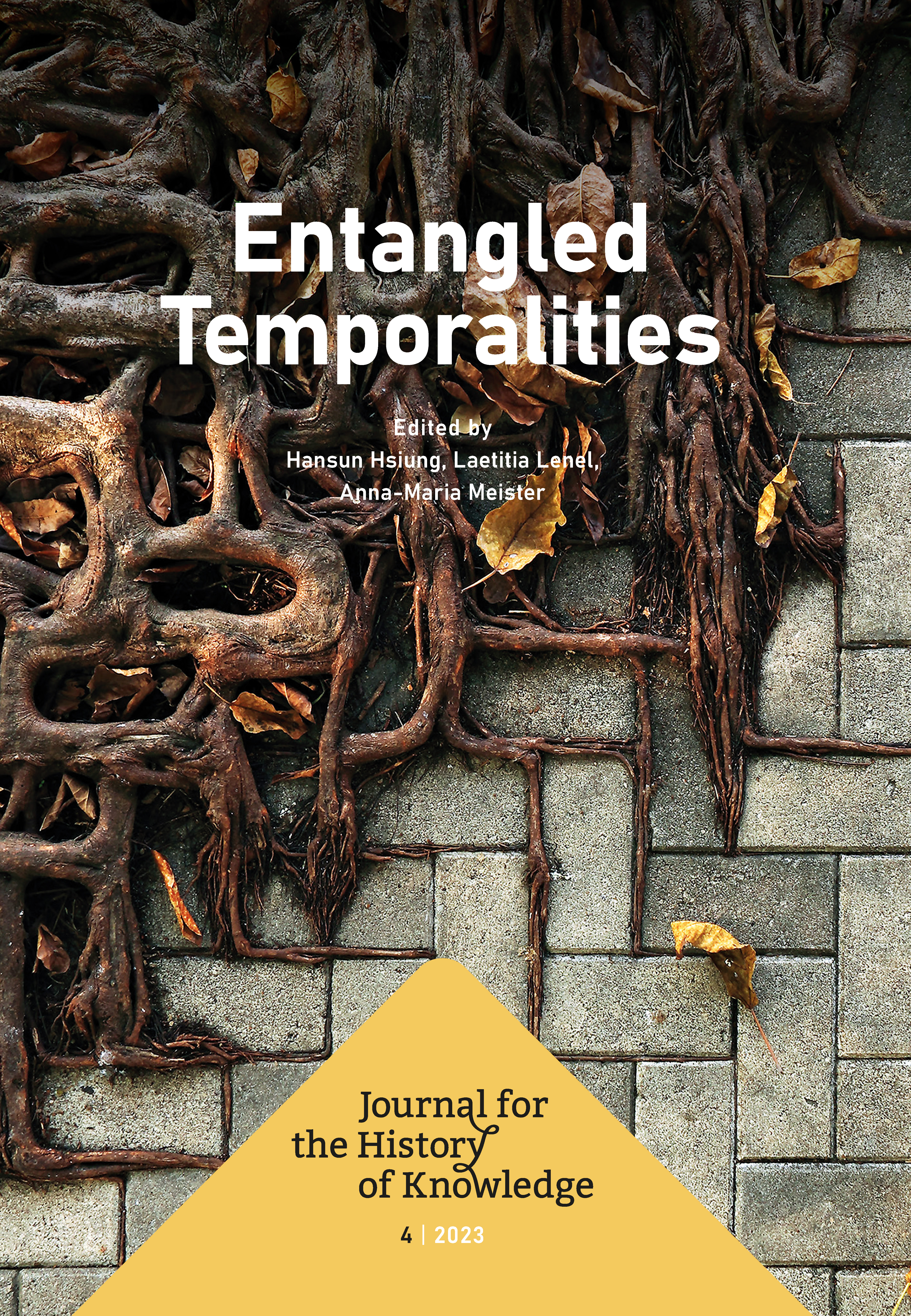The Plasticity of Social Knowledge
Paul F. Lazarsfeld and U.S. Communication Research, 1937–1952
DOI:
https://doi.org/10.55283/jhk.11808Keywords:
history of social science, sociology of academic knowledge, social problems, fundingAbstract
This article describes how the Austrian-American sociologist Paul F. Lazarsfeld and his Bureau of Applied Social Research applied a consistent bundle of findings—about the interplay of mass media and personal influence—to sharply different contexts. From the late 1930s through to the early 1950s, Lazarsfeld stressed a stable set of social-psychological conditions that complicate media persuasion, which, however, could still be effective if paired with face-to-face campaigns. He developed the claim, first, with the aim of promoting educational radio. At the outbreak of war in Europe, Lazarsfeld and the Bureau moved to apply the findings to domestic morale and propaganda. In the immediate postwar years, Lazarsfeld redirected the Bureau’s energies towards domestic-facing social problems, retrofitting his personal-influence framework to the promotion of peace and tolerance. With the Cold War, finally, Lazarsfeld reverted to a martial posture, as social progress gave sudden way to psychological warfare. Thus, the paper describes a four-stage seesaw pattern: persuasion for social ends in the first and third periods, succeeded in both cases by war service. The Bureau’s communication research in the century’s middle-third is, the paper argues, a case study in the plasticity of social knowledge—variation around a stable theme. What was pliable was the topical enclosure, dictated in the main by the sponsorship on offer.
Before this article appeared in Volume 4 (2023), it had been published as 'online first' article on the website of Journal for the History of Knowledge on August 17, 2023. The article was not changed when it was published in the annual volume.
Downloads
Published
Issue
Section
License
Copyright (c) 2023 Jefferson Pooley

This work is licensed under a Creative Commons Attribution 4.0 International License.



